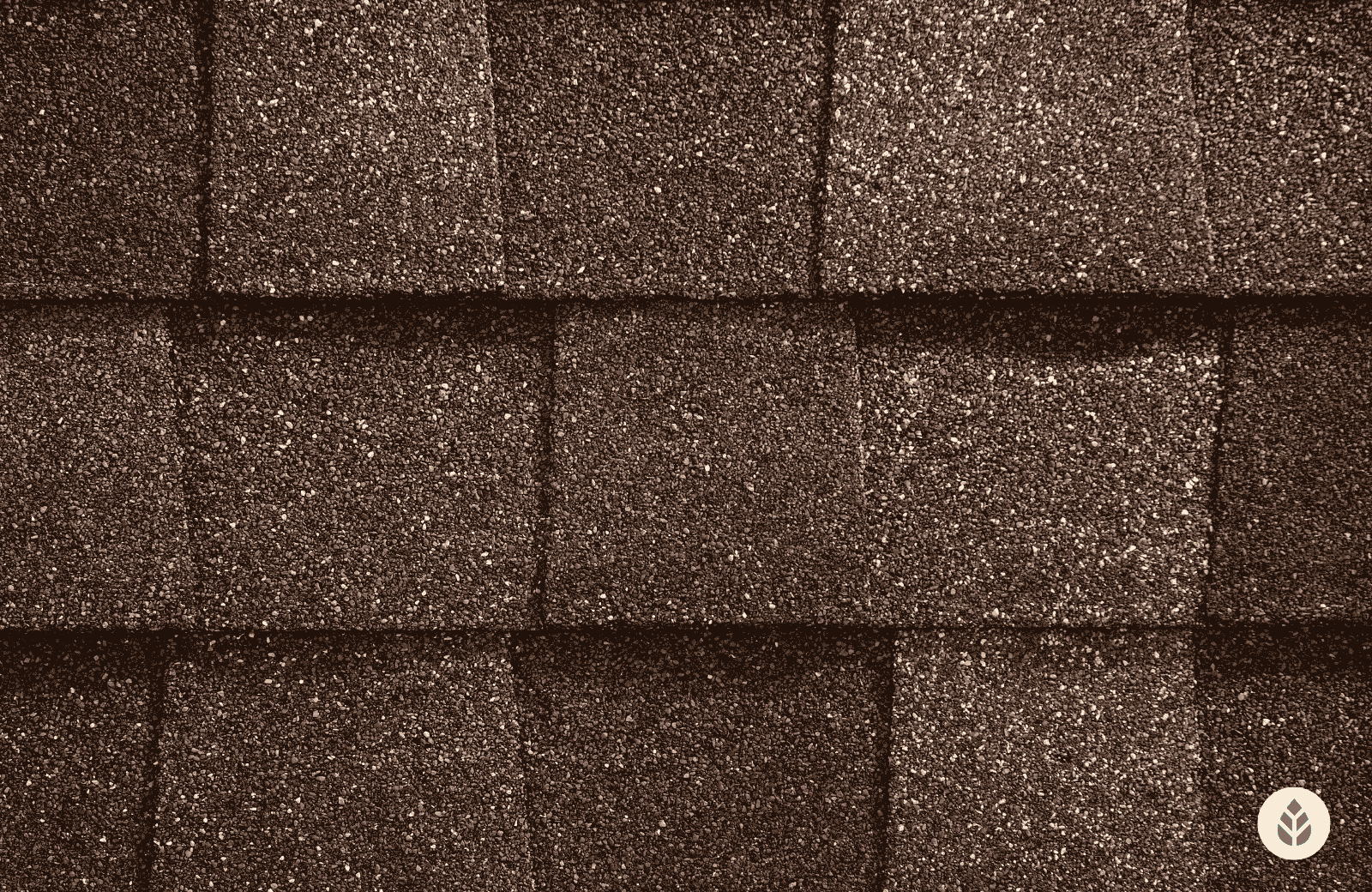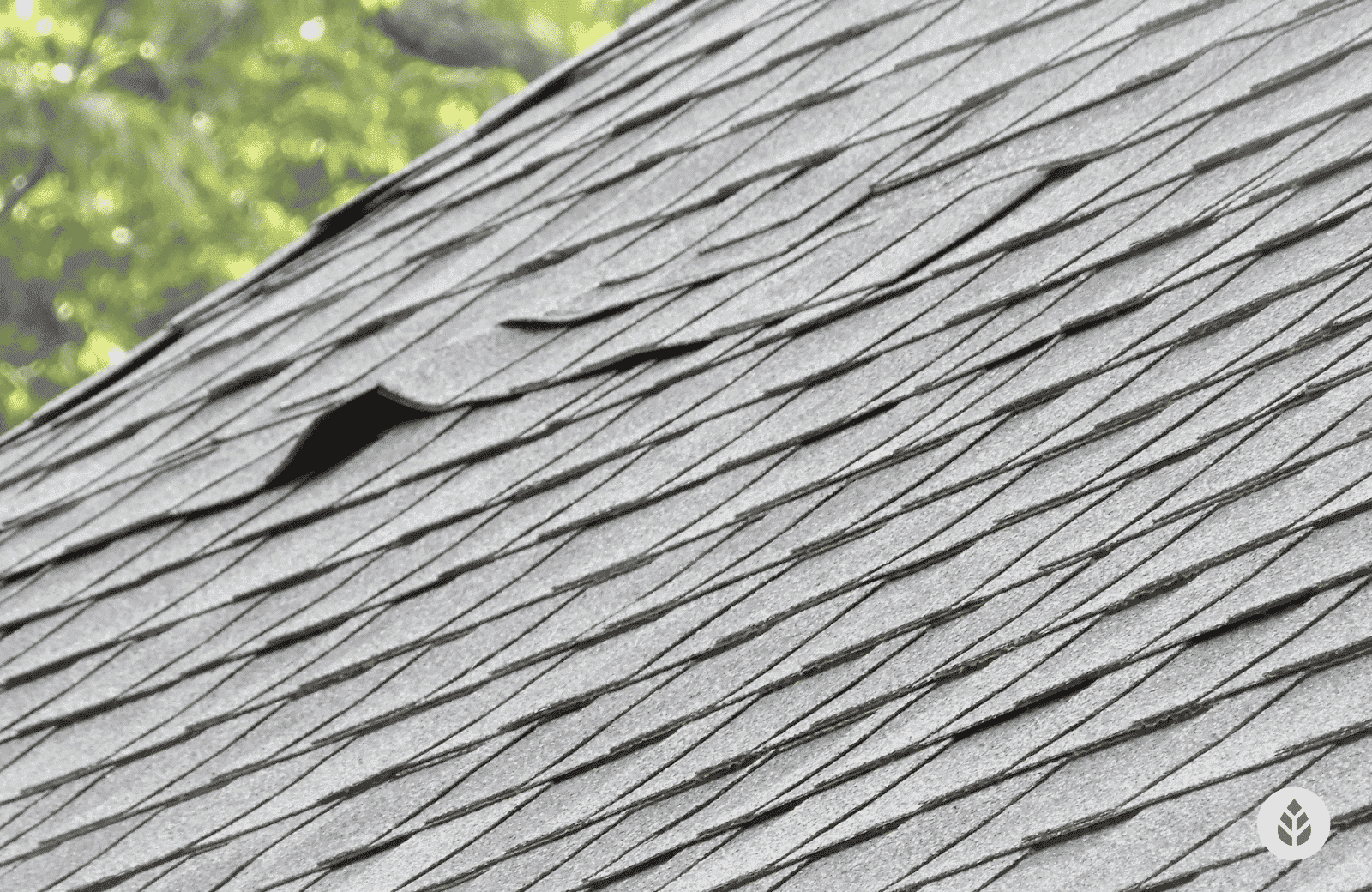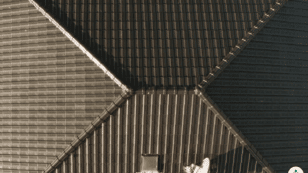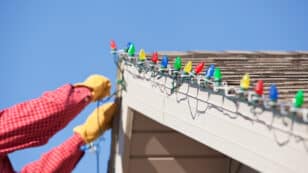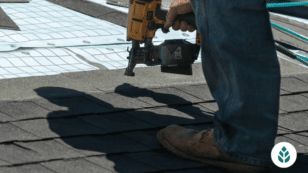
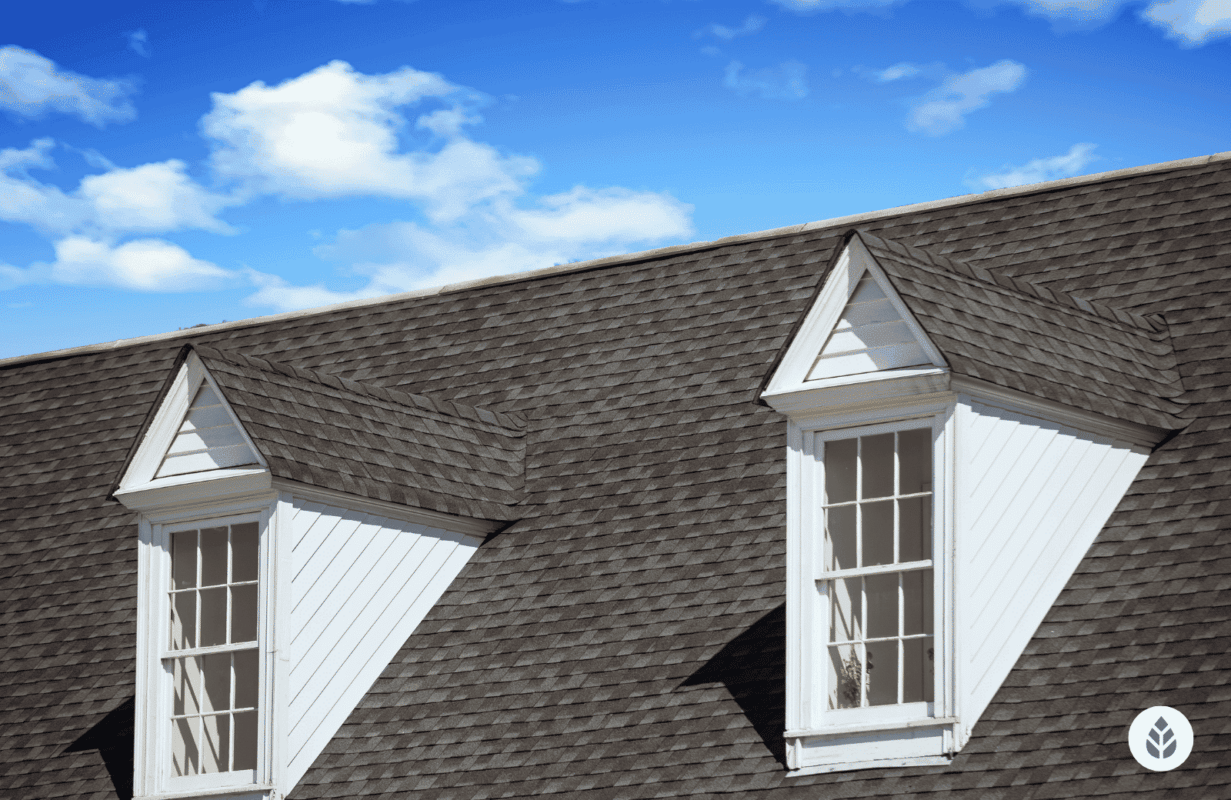
Shingle Roofing Cost & Buyers Guide (2024)
In this guide, we’ll answer the following questions and more:
- How much does a shingle roof cost?
- What factors influence new roof costs?
- Which types of shingle roofing are most popular?
- What shingle roof maintenance costs should you expect?
- Is an asphalt shingle roof worth it?
Each product and or company featured here has been independently selected by the writer. You can learn more about our review methodology here. If you make a purchase using the links included, we may earn commission.
What is an Asphalt Shingle Roof?
Asphalt shingle roofs are by far the most common roofing material found in the US. It is also one of the best for solar panel installation. The national average cost of installing a new shingle roof is between $8,000 and $9,000, with labor accounting for more than half of the total cost.
The best way to find out how much a new roof will cost you is to get a professional estimate. If you’d like to get a free quote, select one of our trusted roofing providers below to get started.

Power Home

Average cost
Pros
- Positive industry reputation
- Lifetime or lengthy warranty
- 10+ years of experience
- Positive customer reviews
- Uses eco-friendly materials
- Well-trained, certified installers
- Variety of roofing styles available
Cons
- Limited variety of roofing materials
- Short or nonexistent warranty
- No financing information available
- Expensive
- Little information available on company website

Erie Home
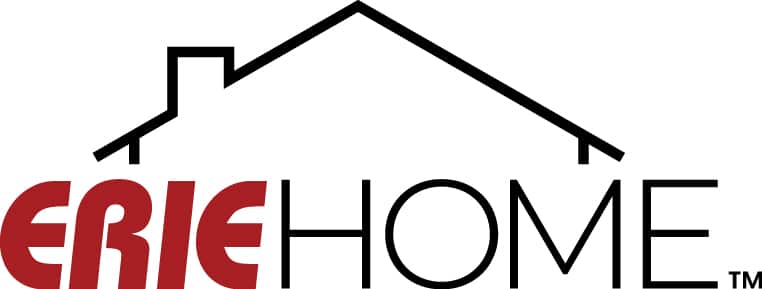
Zero Down - 18 months same as cash with minimum monthly payment
Average cost
Pros
- Lifetime or lengthy warranty
- Widespread availability
- 10+ years of experience
- Positive customer reviews
- Uses eco-friendly materials
- Financing options available
- Well-trained, certified installers
- Uses durable materials meant to last
- Variety of roofing styles available
Cons
- Limited variety of roofing materials
- Expensive

Aspen Contracting

Average cost
Pros
- Positive industry reputation
- Lifetime or lengthy warranty
- Widespread availability
- 10+ years of experience
- Positive customer reviews
- Financing options available
Cons
- Little information available on company website
How Much Does Shingle Roofing Cost?
The national average cost to install a new asphalt shingle roof is between $8,000 and $9,000. However, the cost to re-shingle your roof will vary depending on your location, choice of roofing materials, labor costs and your roof’s features.
Below, we break down how each factor affects costs. Or, to get a price estimate from a certified roofing professional right away, you can click below.
Shingle Roofing Cost Factors
If you’re looking to re-roof your home with shingle roofing, there are many factors that will go into the final cost. Here’s what to look out for:
Labor and Installation Costs
Labor costs typically account for more than half of your total roof installation costs, often making this the most significant consideration when getting a new roof.
A rough labor cost estimate for a roofing square (100 square feet) is $150–$300, but your roof size, steepness and design features will significantly influence labor costs.
Your Location
Where you live will play a role in the total cost of roofing materials and labor, as wages and material availability can differ based on location. The best way to know if you are getting a good deal in your area is to compare multiple quotes from several local roofing contractors.
Travel time will also influence your cost. If you live in a rural area and your roofing contractor has to travel a good distance to get to you, expect to be paying additional fees.
To avoid unexpected costs, it’s best to ask your roofer about the possibility of additional fees before the roofing project begins.
Shingle Roofing Material Used
Asphalt shingles are by far the most popular roofing material. It’s likely because asphalt shingles are widely available and cheaper than most other roofing options, but their lifespan also tends to be shorter.
On the other hand, metal shingles, especially aluminum and steel shingles, are relatively cost-friendly and tend to last longer than asphalt.
Take a look at the chart below to compare the average cost and lifespan of different roofing materials:
| Roof Material | Estimated Lifespan | Estimated Cost Per Sq. Ft |
| Asphalt shingles | 10 to 30 years | $5 |
| Wood shingles | 25 to 30 years | $6-$11 |
| Wood shake | 35 to 40 years | $9-$15 |
| Metal shingles | 40 to 75 years | $3-$7 (typically, but can be up to $18 depending on the type of metal) |
| Clay or concrete tiles and shingles | 50 to 100 years | $4-$20 (varies by type of tile) |
| Natural slate shingles | 100+ years | $30 |
| Solar shingles or solar glass | 25 to 30 years | Not typically measured by the square foot; a full installation can cost between $50,000 and $75,000+ |
Shingle Cost Based on Roof Size, Slope and Pitch
The cost to have new shingles installed by a professional will vary depending on your roof’s pitch, slope and size. Roof features like dormers, skylights and windows can also increase costs.
Of course, the larger your roof is, the more roofing squares you will need, therefore increasing the cost of materials.
If your roof is very steep, roofers will need more safety equipment and time to install your shingles, which means you’ll pay more for labor.
Shingle Roofing Style
Many roofing materials come in a variety of shingle styles. For example, architectural shingles and three-tab shingles are styles of asphalt roofing that offer variety in roofing dimension, aesthetics and thickness.
Decorative roofing shingles offer more curb appeal but come with higher costs.
If you’d like to get a free estimate for your roof project, select one of our top roofing providers below to get connected with a professional today.
Popular Types of Shingle Roofing
Asphalt, metal and clay are some of the most popular roofing materials.
One of the most unique roofing options is solar shingles. Solar shingles are a newer roofing option that allows homeowners to enjoy the benefits of a new roof and the energy-saving benefits of residential solar panels.
Here’s what to expect with each of these popular shingle materials:
Asphalt Shingles
Asphalt shingles are made of asphalt (a semi-solid form of petroleum), fiberglass, stone granules, sealant and release film. Asphalt shingles are by far the most popular roofing material, constituting two-thirds of all new roof installations.
Asphalt shingles come in many varieties, including 3-tab shingles and architectural shingles. Three-tab asphalt shingles are typically the cheapest, starting at only $2–$3 per square foot.
Metal Shingles
Metal roofs are popular because they’re long-lasting, easily recyclable and relatively low-cost.
Steel and aluminum are the most popular metal roofing materials, with aluminum roofing starting at around $3 per square foot.
Steel and zinc roofing starts at $6 per square foot, while copper, the most expensive metal roofing material, costs up to $25 per square foot.
Clay Tile Shingles
Clay tile shingles add a unique, textured appearance to your home. Clay roofs are popular because of their longevity, durability and aesthetics.
There are many types of clay shingles on the market, including terracotta and ceramic clay tiles. Clay and concrete tiles cost between $4 and $20 per square foot, depending on the type of tile.
Solar Shingles
Solar shingles are a unique option that provides the protection of a traditional roof while also generating power for your home. Instead of traditional shingles, solar shingles have photovoltaic properties, which means they can convert sunlight into electricity for your home.
Installing solar shingles is like installing a new roof and solar panels at the same time. A full solar shingle roof installation can cost anywhere from $50,000 to $75,000 or more. However, if you go this route, you’ll be eligible for the federal solar tax credit, which allows you to to claim a credit worth 30% of your solar roof installation cost.
Shingle Roof Maintenance Cost Expectations
Simple roof maintenance projects such as small leaks or missing nails can be solved with common roofing products like sealant or caulk.
However, your roof maintenance cost expectations will vary depending on what type of roofing material you have.
For instance, if you have an asphalt shingle roof, you can expect to occasionally replace missing shingles or fix cracked or curling shingles. Average costs for asphalt shingle roof repairs are between $450 and $800.
If you have slate or tile shingles, the most common maintenance costs will come from replacing broken or chipped shingles. For slate roofs, average repair costs are between $575 and $1,750, while tile roof repairs generally run between $350 and $450.
For metal roofs, common maintenance needs are fixing leaks, corrosion or discoloration, with repairs typically costing between $550 and $1,350.
Additional Shingle Roof Costs and Considerations
Replacing or upgrading your roofing system can come with some unexpected costs. Here are some additional costs and considerations that you should be aware of before you begin your project:
Shingle Roof Painting or Coating
Some homeowners choose to paint or coat their roof to update the appearance of their home, protect against roof leaks and extend the lifespan of their roof.
Roof coating costs about $1–$4 per square foot, but can vary depending on your roof material, labor cost, type of paint and prep work required.
Shingle Roof Cleaning
Hiring a professional to clean your shingle roof with a power washer will typically cost $300–$600. And can be essential in keeping the durability of your roof in working order, especially with common issues like moss removal.
You can clean your roof yourself if you have the right tools. Look for a cleaning solution that is specifically designed for your roof. Never use harsh chemicals: Not only can they damage your roof, but they are also bad for the environment, and the runoff can kill the soil and plants around your home.
Always take safety precautions and never climb on a ladder or your roof if you are not completely comfortable.
Be sure to wear gloves, safety goggles and non-slip shoes when on your roof or a ladder. We also recommend wearing a roof safety harness for extra protection.
Cost to Remove
If you are getting a new roof, you’ll have to consider the cost of removing your old roof.
Some roofs, called overlay roofs, are installed on top of your existing roof. Overlays can be less wasteful and cheaper than a complete roof removal and replacement.
However, a tear-off roof is still the most common type of roof replacement. With a tear-off replacement, your roofer will remove your old shingles and install the new shingles onto your roof deck.
Choosing a tear-off shingle roof replacement will resolve damage and deterioration to your roof’s underlayment or decking, allowing your new roof to be more long-lasting and better protected against leaks, mold and rot.
If you hire a contractor to remove your old roof for you, this can add anywhere from $1,500 to $3,000 to your total roof replacement cost. It is possible to remove your own roof, but we recommend talking to a roofing professional before starting a DIY roofing project.
You should also establish who will be responsible for disposing of your old roof with your roofing contractor. Call your local solid waste management center to discuss your options regarding roof disposal. The good news is that most roofing materials are recyclable.
If your local waste management center comes to collect your old roofing materials, this will incur an additional cost. It may also be necessary to rent a truck or dumpster to haul your roofing scraps.
Is an Asphalt Shingle Roof Worth It?
Although an asphalt shingle roof costs less than other roofing options, the quality and durability of asphalt don’t always stand the test of time.
Here are some points to consider when deciding if a new asphalt shingle roof is right for you:
Pros of an Asphalt Shingle Roof
- Low material costs: Asphalt shingles are generally the cheapest roofing option, meaning that your initial replacement cost will be low.
- Popular material: Because asphalt shingles are so popular, almost every roofing company will be able to install and maintain this type of roof. Plus, they come in a number of different styles and colors to match your home’s aesthetic.
- Recyclable: Most composite shingles like asphalt can be recycled. That being said, not every area has asphalt recycling facilities.
Cons of an Asphalt Shingle Roof
- Less durable: The cheapest asphalt shingles will only last you about 10 years, making them the least durable roofing material. However, a high-end, quality asphalt roof can last up to 35 years.
- Requires more maintenance: Asphalt shingles are known to crack or curl with age, so you’ll likely have to spend time repairing or replacing shingles.
- Less sustainable: Although asphalt shingles are usually recyclable, asphalt roofs are made from petroleum-based materials and retain heat, making your home less energy efficient.
Finding the Right Shingle Roofing Contractor
Finding the right shingle roofing contractor to complete your home improvement project can feel like a daunting task. To ensure that you will get the best service at a fair price, we recommend looking for a contractor that:
- Operates locally in your area
- Has positive online customer reviews
- Offers a quality guarantee or warranty on work
- Has multiple years of experience in the roofing industry
We always recommend calling around and getting multiple quotes for your roofing project so that you can feel confident that you made the right choice.
Take a look at our picks for the best roofing companies in the U.S. or select one of our top providers below to get started with a free quote from a roofing professional:
FAQ: Shingle Roof Cost
An asphalt shingle roof will last between 10 and 30 years on average. Clay, concrete and metal roofs typically last 40 to 50 years or longer.
You or a roofer can measure the square footage of your roof to determine how many shingles you will need. For every 100 square feet of roof you have, you will need one roofing square, or the equivalent of about three roofing bundles.
Most homeowners insurance policies will only cover the cost of a new roof if your roof is damaged as a result of an act of nature or sudden accident. For example, this would mean that damage caused by a house fire, lightning strike or weather event would be covered, while deterioration from roof age or an insect infestation would not.

 233k
233k  41k
41k  Subscribe
Subscribe 
